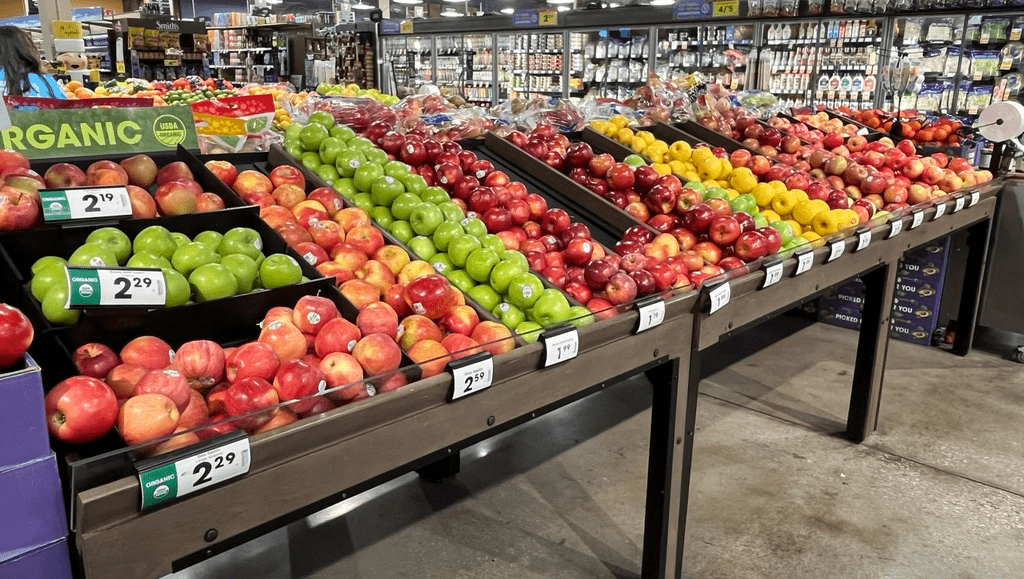When it comes to fitness, most people focus on movement—how much they lift, how far they run, or how deeply they stretch. Yet, true physical well-being is built on more than just the exercises performed; it’s deeply influenced by the food that fuels those movements. Nutrition plays a pivotal role across all fitness disciplines, from high-intensity training and endurance sports to mindful practices like Pilates and yoga. The right nutrients not only sustain energy and recovery but also enhance balance, flexibility, and focus.
Fueling the Body for Performance
No matter the workout type, energy is essential. Carbohydrates are the body’s main source of fuel, converted into glucose to power every muscle contraction. For those engaging in strength or endurance activities, whole grains, fruits, and vegetables provide steady energy release and help prevent fatigue mid-session. In Pilates or yoga, where precision and control are key, balanced meals that combine complex carbs with lean proteins help maintain mental clarity and physical endurance throughout class.
Protein, often associated with muscle building, is equally vital for Pilates and yoga practitioners. It supports muscle repair after long sessions, stabilizes blood sugar levels, and reduces soreness. Incorporating plant-based proteins like lentils, tofu, and quinoa—or lean options like fish and chicken—can help muscles recover efficiently while supporting sustainable energy.
Hydration: The Unsung Hero
While food gets most of the attention, hydration is a cornerstone of fitness nutrition. Dehydration can quickly diminish flexibility, coordination, and concentration—key components of Pilates and yoga practice. Water helps regulate body temperature, lubricate joints, and transport nutrients to cells. For more vigorous exercise, replenishing electrolytes through natural sources like coconut water or adding mineral salts to water helps maintain fluid balance.
The Role of Micronutrients
Micronutrients—vitamins and minerals—may be small in quantity but are massive in impact. Magnesium supports muscle relaxation and reduces cramps, while calcium and vitamin D strengthen bones and improve posture, essential for maintaining correct alignment in yoga and Pilates. Iron boosts oxygen flow to muscles, improving stamina and reducing fatigue. Antioxidants found in berries, nuts, and green leafy vegetables also combat oxidative stress from intense physical exertion, keeping the body resilient.
Timing and Balance
Eating at the right times is as important as what’s eaten. A light, balanced meal or snack about 60 to 90 minutes before a workout can provide enough energy without discomfort. Think oatmeal with fruit, a smoothie with protein and greens, or whole-grain toast with nut butter. Post-workout meals should focus on replenishing glycogen and repairing tissue—ideally within an hour after training. Options like a quinoa bowl with roasted vegetables, or yogurt with berries and honey, restore nutrients and prepare the body for the next session.
Mindful Nutrition for Mindful Movement
Yoga and Pilates emphasize mind-body connection, and nutrition follows the same principle. Practicing mindful eating—being aware of hunger cues, savoring food, and choosing whole, minimally processed ingredients—helps align nutritional habits with the mindfulness cultivated in training. Eating slowly, avoiding distractions, and appreciating food as nourishment rather than restriction can foster a balanced relationship with health and fitness.
The Foundation of Sustainable Wellness
Ultimately, nutrition is not just fuel—it’s a form of self-care that shapes physical, mental, and emotional performance. A nutrient-rich diet ensures energy for movement, clarity for focus, and strength for growth. Whether lifting weights, flowing through yoga poses, or mastering Pilates form, the harmony between nourishment and movement defines long-term wellness. Food doesn’t just power fitness—it completes it.

